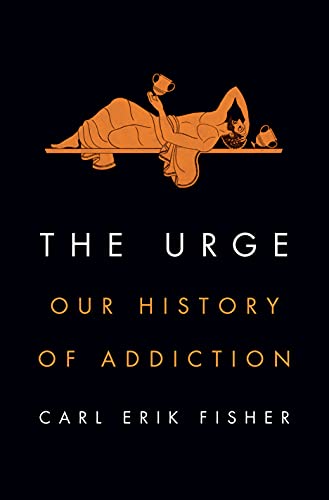372: Defining and Treating Addiction with Carl Erik Fisher
“We’ve essentially segregated addiction treatment and the treatment of substance use disorders to totally separate branches. Even physically, even in our infrastructures, people have to walk down the street sometimes to go to a totally separate clinic.”
In this week’s episode, Indre revisits a topic that has been covered a couple of times on the podcast: addiction. This time, she’s joined by addiction physician and bioethicist Carl Erik Fisher, Assistant Professor of Clinical Psychiatry at Columbia University. Carl works at the intersection of law, ethics, and psychiatry and has had his own struggles with addiction, which he documents in his new book, The Urge: Our History of Addiction. He discusses this fascinating book and so much more in his revealing and informative conversation with Indre here today.
Carl begins by relating his own experiences with substance addiction, exacerbated by the huge blind spot the medical establishment has for addiction, and how one of his main motivations to write The Urge was the desire to look into and make sense of what had caused his addiction. Carl then discusses the lack of an official definition of addiction and how the idea of addiction as a status not only led to other forms of addiction being overlooked but has also left a harmful legacy of addiction treatment being more associated with legal efforts than medical ones. In contrast, Carl points out that contemporary science increasingly sees addiction as a diverse and heterogeneous phenomenon, with many contributing causes and pathways to recovery, and suggests that changes in both policy and public consciousness are needed to improve treatment for addiction. He goes on to point out that market forces have long led to industrial obscuring of the potential harms of addictive substances and suggests that it’s always worth being skeptical about whether an addictive product can be good. Finally, Carl discusses how labels like “addict” can be misleading and that those worried about being addicted should focus on and seek help for any harms they are experiencing as a result of substance use, whether or not they see themselves as addicts.

